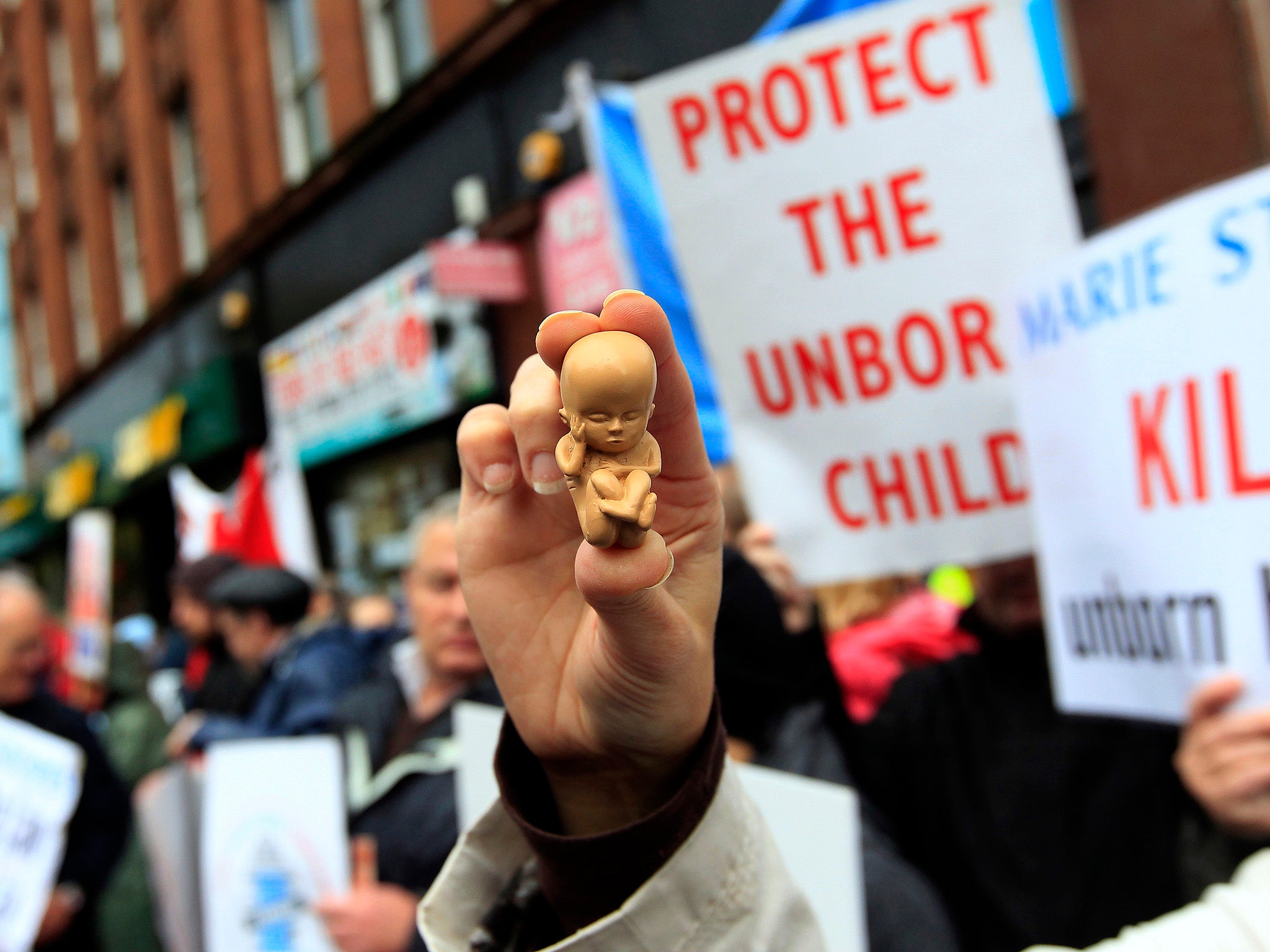Pregnancy from rape is an ‘opportunity’, says Ohio Senator showing true face of the pro-life movement
‘That child can grow up and cure cancer’


You may have noticed that whenever people defending or promoting the most extreme anti-abortion legislation — like the proposed bill criminalizing all abortions except as a life-saving measure currently being debated in Ohio — are asked why they don’t support exceptions for rape or incest, the answers are invariably cruel. The Ohio bill’s sponsor, Republican State Senator Jean Schmidt, was asked about the possibility of rape in a legislative hearing on Wednesday. Specifically, she was asked to defend the bill in the case of a hypothetical: say a 13-year-old girl was raped and became pregnant. Would that child be forced to carry to term?
This is what Schmidt said in response:
“Rape is a difficult issue. And it emotionally scars the individual, all or in part for the rest of their life. Just as child abuse does. But if a baby is created, it is a human life. And whether that mother ends that pregnancy or not, the scars will not go away. Period. It is a shame that it happens, but there’s an opportunity for that woman, no matter how young or old she is, to make a determination about what she’s going to do to help that life be a productive human being. She can choose to raise the child. She can choose to give that child to a loving family member. Or to give it to someone else. And that child can grow up and be something magnificent, a wonderful family person, cure cancer, etcetera. This is not about keeping abortion alive. This is about keeping the mother alive. And just because you have emotional scars doesn’t give you the right to take a life.”
As shockingly callous as it may seem to frame a pregnancy foisted upon an eighth-grader by rape as an “opportunity,” this position is really the one that is most consistent with an anti-abortion stance. If your guiding principle is that life begins at conception and that that life must be protected above all else, the only logical conclusion is that the pregnant person’s life, well-being, and right to self-determination come secondary.
So, when self-styled “pro-lifers” are not framing pregnancy as a just punishment for the sin of having sex, they are, like Schmidt here, reframing pregnant rape victims as Virgin Marys blessed with divine purpose. Rick Santorum has framed pregnancy by rape as a gift from God, saying, “I believe and I think that the right approach is to accept this horribly created, in the sense of rape, but nevertheless, in a very broken way, a gift of human life, and accept what God is giving to you.”
Michigan GOP candidate for governor, Garrett Soldano, wants pregnant rape victims to know “how heroic they are and how unbelievable that they are, that God put them in this moment. And they don’t know that little baby inside them may be the next president, may be the next person that changes humanity.”
Republican Steve King has mused, out loud, that we would not have the population we do without rape and incest.
Rape and incest exceptions don’t really work within an anti-abortion framework that insists on treating a fertilized egg, even in its earliest stages, as the same as a newborn infant. And this reveals the inherent cruelty in that position, which disregards the trauma of rape as unimportant next to the supposed magic of pregnancy. It accepts the body and future of the rape victim as an unavoidable sacrifice for the as-yet-unrealized body and future potential of a fetus. And so its adherents encourage victims to view their assaults as “gifts” and “opportunities.” In every scenario, the individual life of a pregnant person is of lesser value than their capacity as a vessel.
Schmidt imagines various futures for this hypothetical fetus, but has she given any thought to the future stolen from the imaginary 13-year-old girl? Will this person get to grow up to be something magnificent, to live up to her own potential? Will she get to cure cancer one day? Schmidt is right that the emotional scars left by rape may never go away, but that doesn’t make that trauma a singular, discrete memory that cannot be compounded by the additional trauma of forced pregnancy, childbirth, and adoption. The way Schmidt has described it, once you are a vessel, willing or unwilling, that is your new purpose in life.
Schmidt says emotional scars don’t give a person the right to take the life of another. But, for now at least, every person does have the right to decide whether or not to sacrifice their body, future, and life to another. Let’s hope it stays that way.
